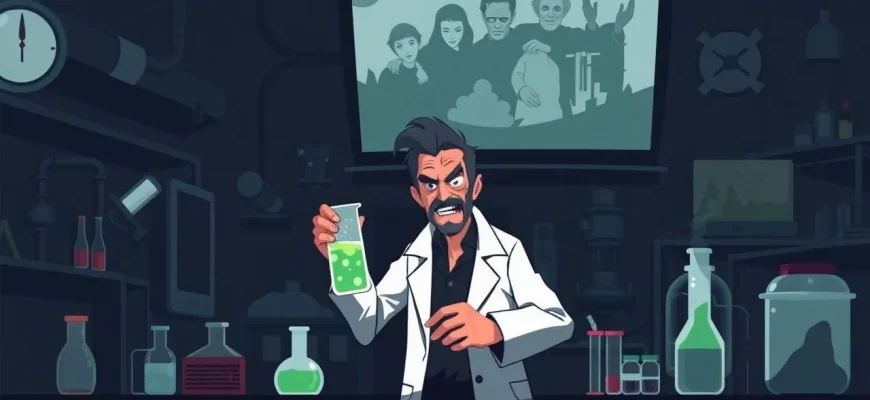The theme of mad scientists has long fascinated audiences, offering a thrilling mix of science fiction, horror, and sometimes comedy. These films delve into the minds of individuals whose passion for discovery leads them down dark and often perilous paths. This curated list not only entertains but also provides a glimpse into the ethical dilemmas and the fine line between genius and madness. Here are ten films that capture the essence of the mad scientist trope, each with its unique twist and compelling narrative.
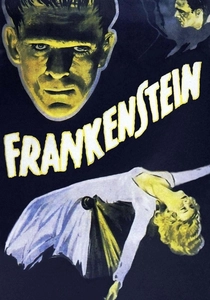
Frankenstein (1931)
Description: This classic film introduces Dr. Henry Frankenstein, who attempts to create life from death, leading to disastrous consequences. It's a cornerstone of the mad scientist genre, showcasing the dangers of unchecked ambition.
Fact: Boris Karloff, who played the Monster, was paid $750 per week for his role, and the film was initially banned in several countries for its perceived blasphemous content.
 Watch Now
Watch Now
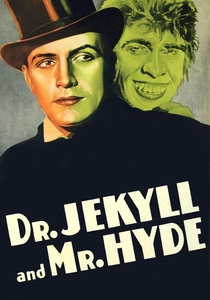
Dr. Jekyll and Mr. Hyde (1931)
Description: Dr. Henry Jekyll's experiment to separate his good and evil sides results in the emergence of the sinister Mr. Hyde, leading to a tale of moral conflict and horror.
Fact: Fredric March won the Best Actor Oscar for his dual role, and the film was remade several times due to its enduring popularity.
 Watch Now
Watch Now
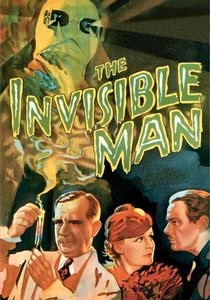
The Invisible Man (1933)
Description: Dr. Jack Griffin's experiments with invisibility drive him to madness, making him a terror to those around him. This film explores the psychological effects of isolation and power.
Fact: The film was based on H.G. Wells' novel, and the special effects for invisibility were groundbreaking for the time, using a combination of matte paintings and wire work.
 Watch Now
Watch Now
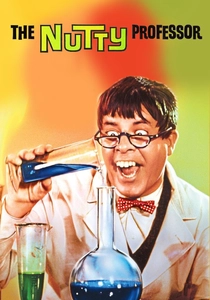
The Nutty Professor (1963)
Description: Professor Julius Kelp invents a potion to transform himself into the suave Buddy Love, exploring themes of identity and the consequences of scientific experimentation.
Fact: Jerry Lewis, who starred and directed, used this film to showcase his comedic talents, and it was remade in 1996 with Eddie Murphy.
 Watch Now
Watch Now
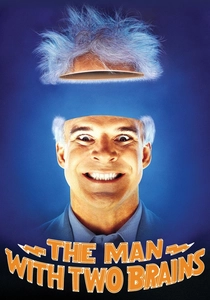
The Man with Two Brains (1983)
Description: Dr. Michael Hfuhruhurr, a brain surgeon, falls in love with a disembodied brain, leading to a series of absurd and comedic events. It's a satirical look at the mad scientist genre.
Fact: The film was directed by Carl Reiner, who also directed "Young Frankenstein," showcasing his affinity for spoofing classic horror themes.
 Watch Now
Watch Now
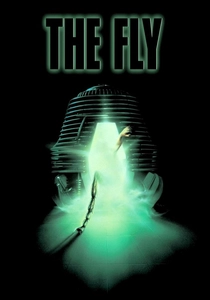
The Fly (1986)
Description: Seth Brundle's teleportation experiment goes horribly wrong when a fly enters the telepod with him, merging their DNA. This film blends body horror with the tragedy of scientific hubris.
Fact: The film's special effects, particularly the transformation scenes, were revolutionary, earning Chris Walas an Academy Award for Best Makeup.
 Watch Now
Watch Now
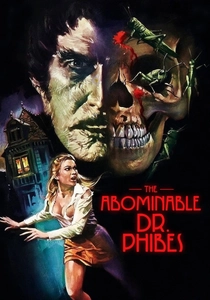
The Abominable Dr. Phibes (1971)
Description: Dr. Anton Phibes, presumed dead, seeks revenge on the doctors he blames for his wife's death through a series of bizarre and biblical plagues.
Fact: Vincent Price's performance as Dr. Phibes is considered one of his most memorable, blending horror with dark comedy.
 30 Days Free
30 Days Free
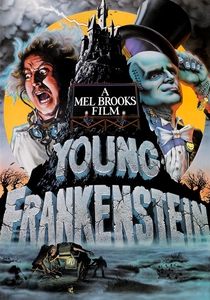
Young Frankenstein (1974)
Description: A comedic take on the Frankenstein story, where Dr. Frederick Frankenstein inherits his grandfather's castle and continues his experiments, with hilarious results.
Fact: Mel Brooks, who directed and co-wrote the film, insisted on shooting in black and white to pay homage to the original Frankenstein films.
 30 Days Free
30 Days Free
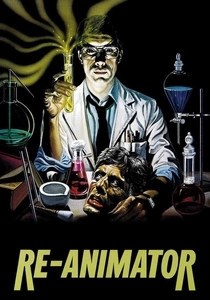
Re-Animator (1985)
Description: Herbert West, a medical student, develops a serum to reanimate the dead, leading to a series of grotesque and comedic events. It's a cult classic that satirizes the mad scientist trope.
Fact: The film was inspired by H.P. Lovecraft's story "Herbert West–Reanimator," and its graphic content led to an X rating, which was later reduced to an R.
 30 Days Free
30 Days Free
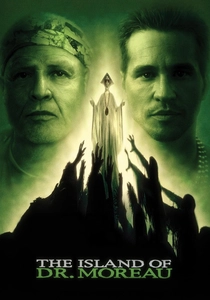
The Island of Dr. Moreau (1996)
Description: Dr. Moreau's experiments in creating human-animal hybrids on a remote island delve into themes of evolution, ethics, and the nature of humanity.
Fact: The film had a notoriously troubled production, with multiple directors and script changes, leading to its mixed reception.
 30 Days Free
30 Days Free

